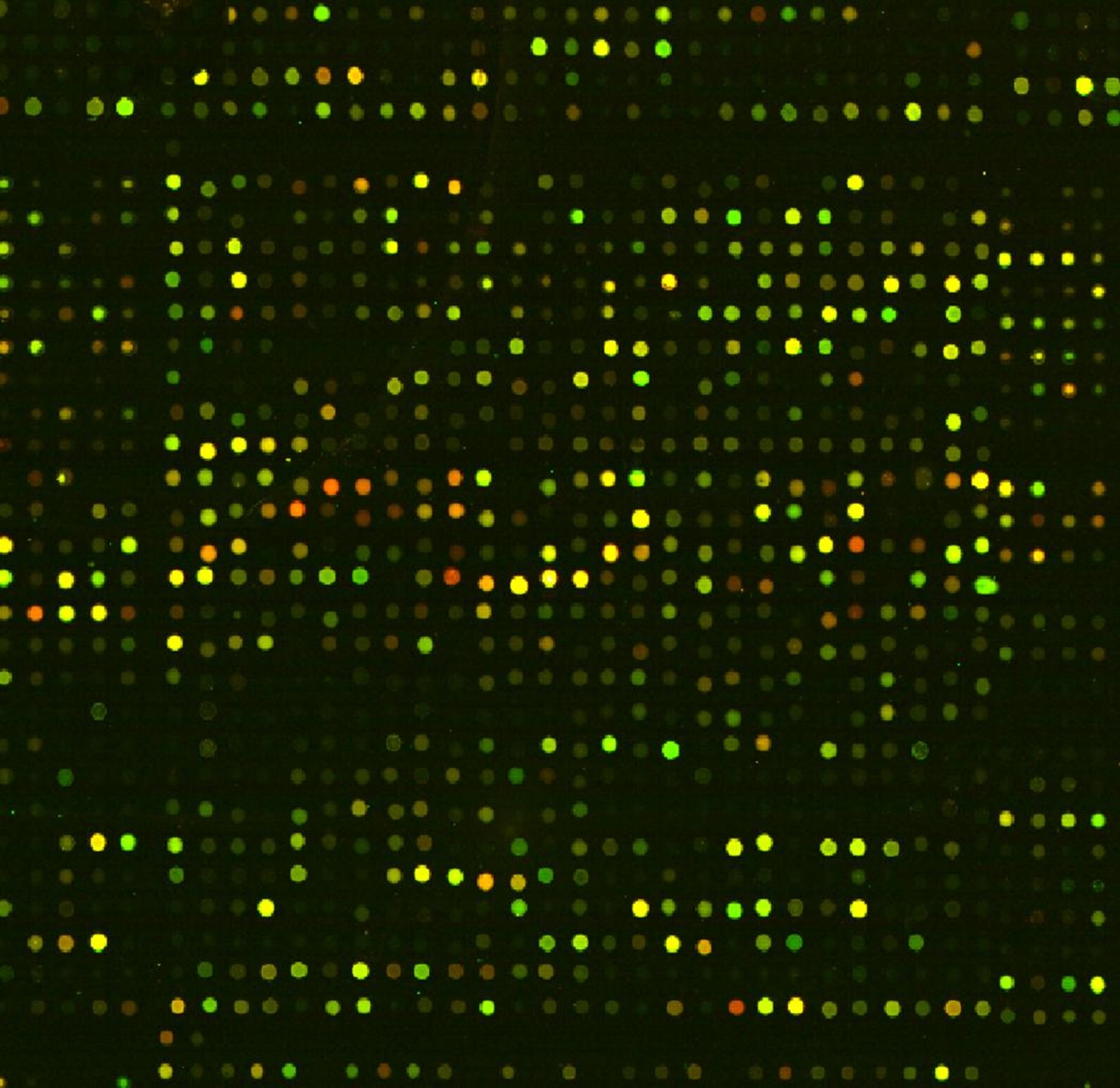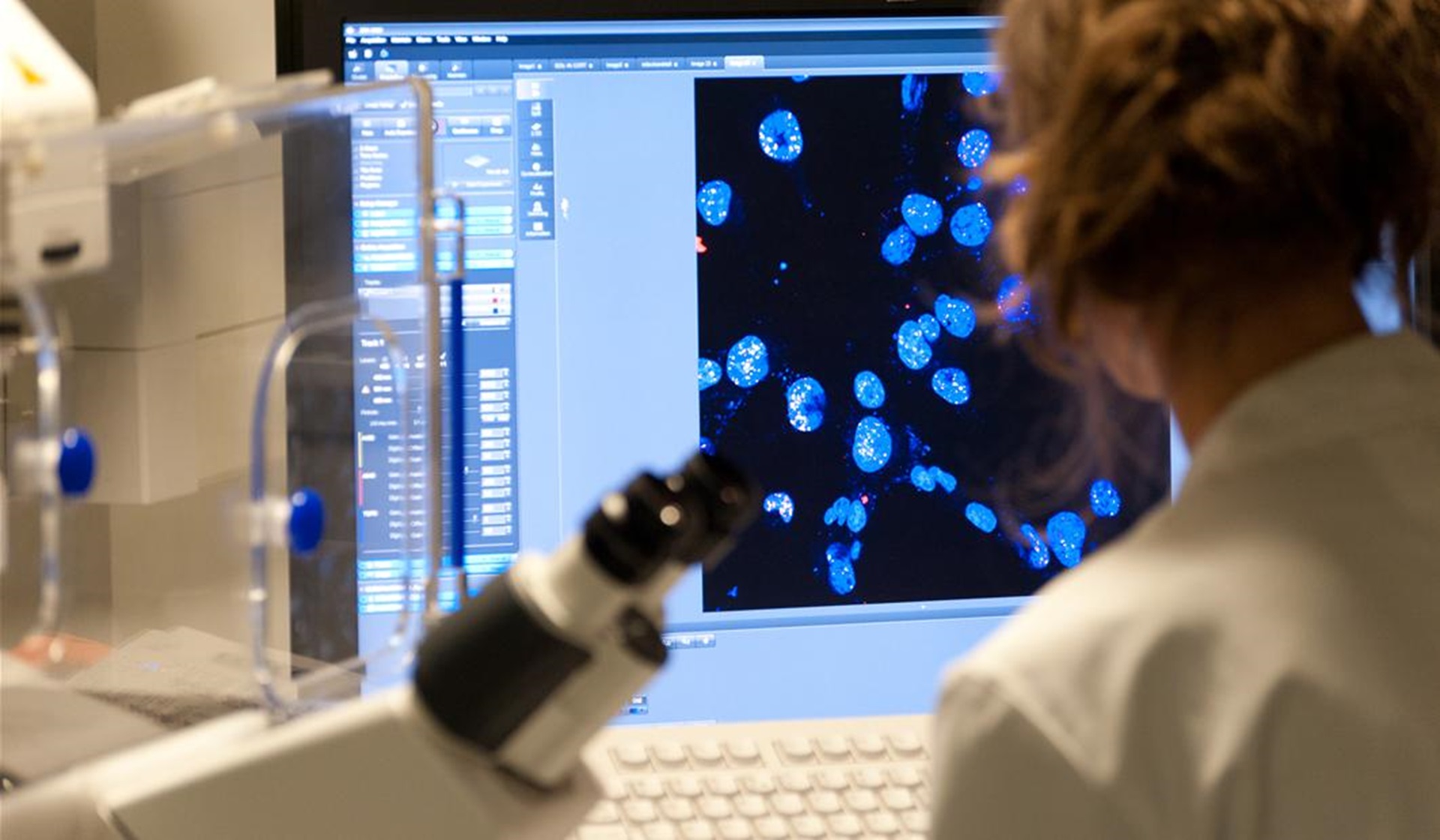Centre for Global Oncology
The Centre for Global Oncology's aim is to promote cancer research, training, fundraising and infrastructure building in low and middle income countries. We are a virtual research centre at the ICR and our partner hospital, The Royal Marsden.
We connect researchers in low and middle income with their counterparts in high-income countries to enhance research activities globally. Our aim is to share resources and learning with researchers in low-middle income countries to explore ways to adopt innovative cancer research approaches.
Our aims
Our two main aims are as follows:
- Cancer research, training and infrastructure building in low and middle income countries.
- Molecular and genetic profiling for prevention, early detection, and treatment.
We will achieve those aims by:
- Developing quality biobanks for cancer samples, including tissues and liquid biopsies.
- Building quality data science hubs between low and middle income countries and the ICR.
We research:
- colorectal cancers
- pancreatic and other gastrointestinal cancers
- prostate cancer
- head and neck cancers
- breast cancer
- lung cancer.
Dr Anguraj Sadanandam is the Director of the Centre for Global Oncology.
Dr Maggie Cheang is Head of Clinical Informatics at the centre.
Ongoing projects across the ICR are responding to the need to engage in cancer research across low and middle income countries.
- Genetic predisposition to prostate cancer in the PRACTICAL consortium: increasing participation in developing countries (Ros Eeles; HEFCE; 2017-2018)
- How do the molecular landscapes of pre-menopausal triple-negative breast cancers differ between Indian and Western populations? (Maggie Cheang and Anguraj Sadanandam; Newton Fund through HEFCE; 2017-2018)
- A comparison of unmet needs in women following primary breast cancer treatment in two African countries and the UK: the feasibility of implementing holistic needs assessments (HNA), care plans and treatment summaries in Africa (Susannah Stanway; HEFCE; 2017-2018)
- Responding to unmet need after cancer treatment: Development and evaluation of a competency framework for cancer nurses and peer support advocates in Africa (Susannah Stanway; Research England; 2018-2019)
- Clinical and molecular landscapes of triple-negative breast cancer in India and application to improved treatment decisions (Anguraj Sadanandam; Research England; 2018-2019)
- Characterisation of epidermal growth factor receptor inhibitor resistance and new therapies for lung cancer in Asia (Paul Huang; Research England; 2018-2019)
- Genetic predisposition to prostate cancer in the PRACTICAL consortium: increasing infrastructure and participation in developing countries (Ros Eeles; Research England; 2019-2020)
- Building knowledge and capacity within palliative care in a new cancer centre in the Eastern region of Democratic Republic of Congo, Africa (Susannah Stanway; Research England; 2019-2020)
- Understanding clinico-pathological and molecular profiles of Indian colorectal cancer with respect to advanced disease and treatment challenges (Anguraj Sadanandam; Research England; 2019-2020)
- CCR5115 KORTUC phase II - Randomised phase II trial testing efficacy of intra-tumoural hydrogen peroxide as a radiation sensitiser in patients with locally advanced/recurrent breast cancer (Navita Somaiah; Research England; 2019-2020).
Dr Sadanandam is a Founding Member of Indian Cancer Genome Atlas (ICGA) – an initiative to India’s version of The Cancer Genome Atlas.

